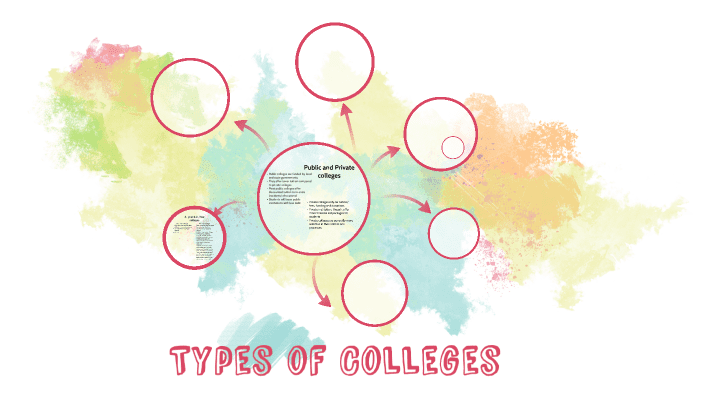
Is an Expensive US Undergraduate Education Worth It?
Sticker shock is real. It’s the universal language of high-achieving high school seniors staring at college acceptance letters with astronomical price tags. As you navigate the college admissions process, one number might leave you breathless: the cost of attendance. Gone are the days of $20,000 tuition fees. Today, a year at some prestigious US universities can easily top $100,000. And let’s be honest, $100,000 a year for an undergraduate education is enough to make anyone wince.
Embarking on a higher education journey in the United States can be a transformative experience, but the cost of obtaining a degree has been steadily increasing over the years. With tuition fees, accommodation, books, and living expenses, the annual cost of an undergraduate education can sometimes reach a staggering $100,000.
The Investment Argument:
Proponents of the “college ROI” view say it’s an investment, not an expense. A degree, they argue, opens doors to higher-paying careers, leading to a lifetime of financial security. According to the statistics college graduates typically earn significantly more than their non-degreed counterparts. Additionally, the college fosters critical thinking skills, communication, and adaptability, all valuable assets in today’s ever-evolving job market.
The Debt Dilemma:
But what about the debt? Saddling yourself with six figures before even entering the workforce can be daunting. Student loan payments can eat up a large chunk of your income, delaying major life milestones like buying a house or starting a family. The stress of debt can also impact mental health and well-being.
Beyond the Numbers:
The college experience is more than just a degree and a paycheck. It’s about personal growth, exploring passions, and building lifelong connections. It’s about late-night debates in dorm rooms, spontaneous adventures with newfound friends, and discovering who you are outside your high school bubble. That’s an invaluable experience, one that can’t be quantified on a spreadsheet.
Alternative Routes:
Of course, college isn’t the only path to success. Apprenticeships, vocational training, and even self-taught skills can lead to fulfilling careers. The key is to identify your strengths and interests and choose a path that aligns with them, regardless of the price tag.
So, the question begs: is college really worth that kind of money? Is a six-figure debt sentence the price of a successful future? Let’s unpack this hefty dilemma.
Factors Contributing to the High Cost:
Tuition and Fees: Tuition fees vary widely among institutions, with private universities generally charging higher rates than public ones. Additionally, certain advantages of programs, such as those in engineering or the sciences, might have additional fees.
Room and Board: The cost of living, including accommodation and meal plans, can be a substantial portion of the overall expense, especially for students residing on-campus.
Books and Supplies: Textbooks and other necessary supplies can quickly add up, particularly for courses that require specialized materials.
Health Insurance: Many universities require students to have health insurance, and this is an additional expense to consider.
Transportation and Miscellaneous Expenses: Commuting, personal expenses, and unforeseen costs contribute to the overall financial burden.
Challenges for Students and Families:
Student Debt: Many students rely on loans to cover their educational expenses, resulting in substantial debt upon graduation. Managing this debt becomes a critical aspect of post-graduate life.
Financial Strain on Families: The $100,000 per year cost can put a significant strain on families, even those with sound financial planning. Balancing education costs with other financial priorities becomes a delicate act.
Impact on Career Choices: The need to repay substantial loans may influence students’ career choices, potentially deterring them from pursuing their true passions in favor of higher-paying professions.
Also Read: US Wesleyan University
Navigating the Financial Landscape Before Signing the Loan Application:
Research Financial Aid Options: Explore scholarships, grants, and work-study programs to alleviate the financial burden. Many universities offer merit-based and need-based aid to eligible students.
Consider Community College: Starting at a community college and transferring to a four-year institution can significantly reduce costs while providing a quality education.
Part-Time Work and Internships: Students can explore part-time work or internships to gain practical experience and offset living expenses.
Budgeting and Financial Planning: Create a realistic budget, including all expenses, and explore cost-cutting measures where possible. Financial literacy is key to managing educational costs effectively.
Evaluate Return on Investment (ROI): Consider the potential return on investment for the chosen field of study. While education is an invaluable investment, it’s essential to assess the long-term benefits and career prospects associated with the chosen degree.
To conclude, A $100,000 per year undergraduate education may seem daunting, but with careful planning, strategic decision-making, and exploration of available financial aid options, students and their families can navigate the financial landscape successfully. Education is an investment in the future, and understanding the costs involved empowers individuals to make informed choices that align with their aspirations while minimizing the financial burden. By approaching the challenge with diligence and resourcefulness, the dream of higher education can remain within reach for aspiring students.
Embark on a transformative higher education journey and elevate your path to academic success with the expert guidance and personalized support of an Ivy Central college counselor.






